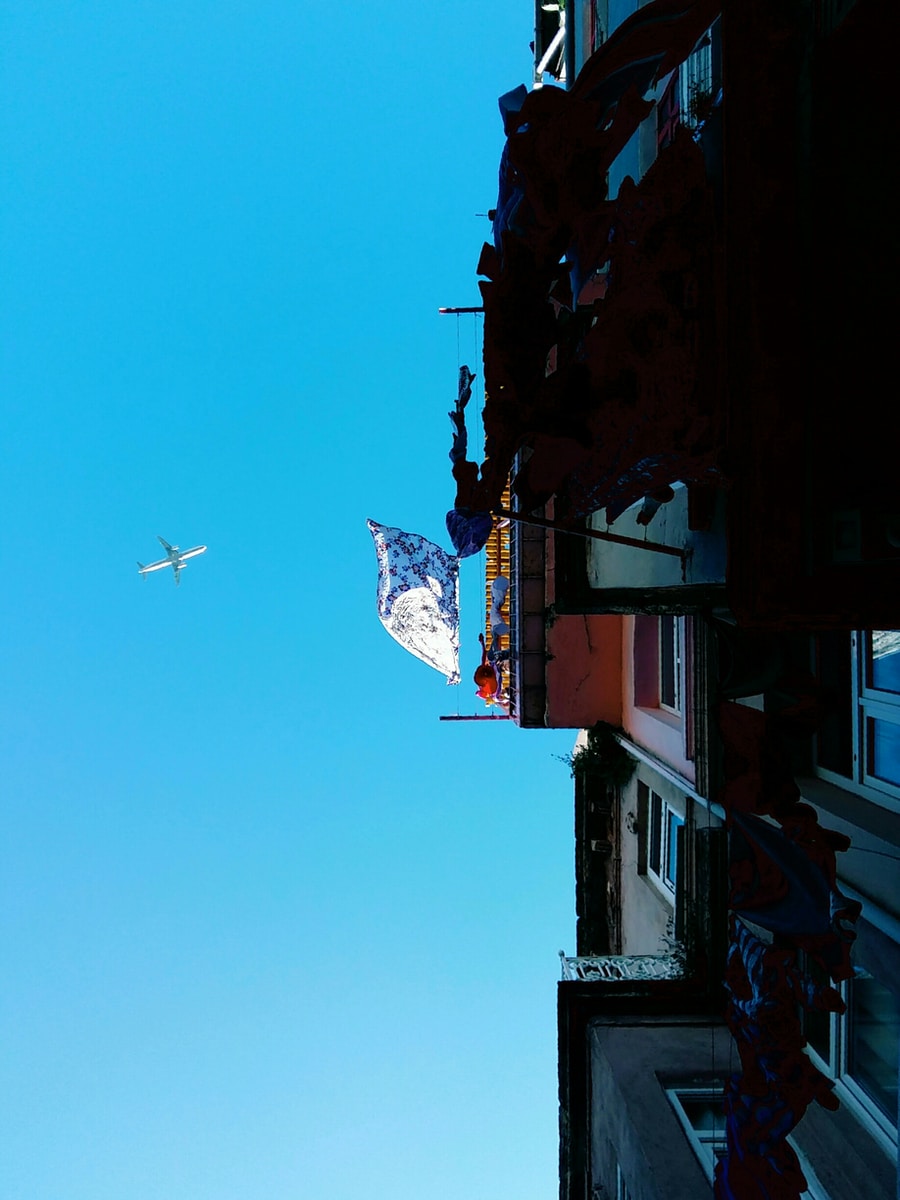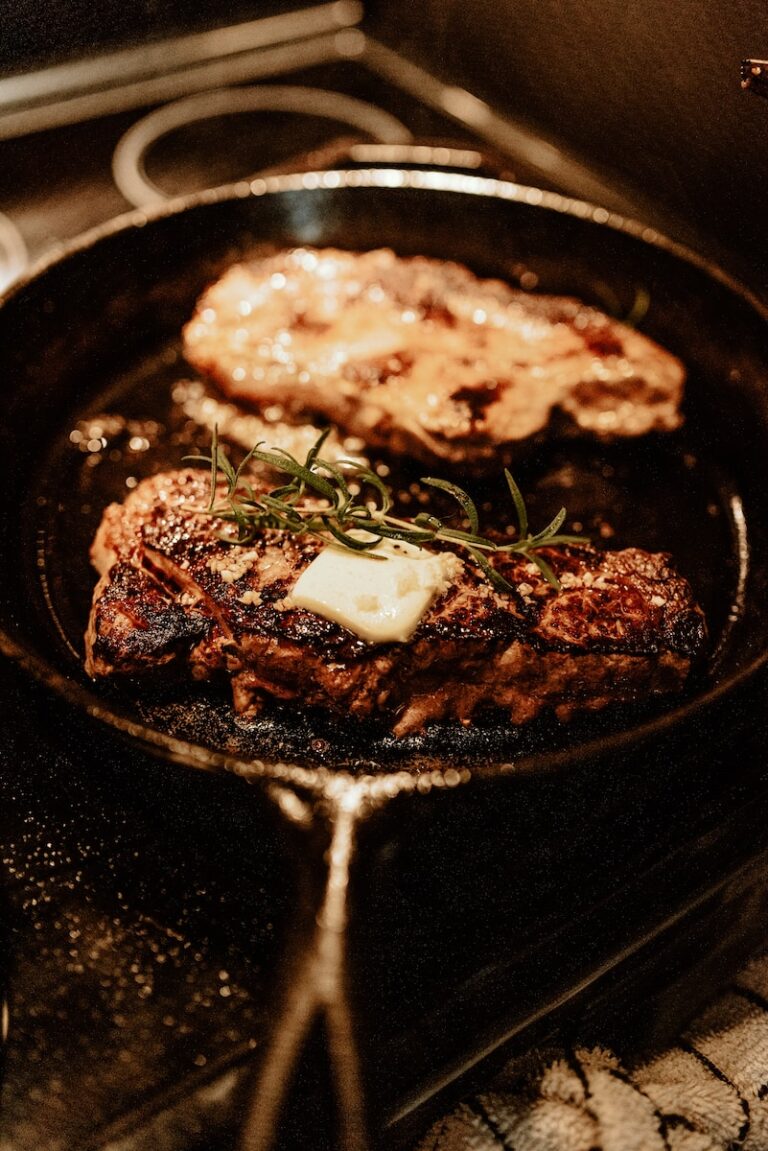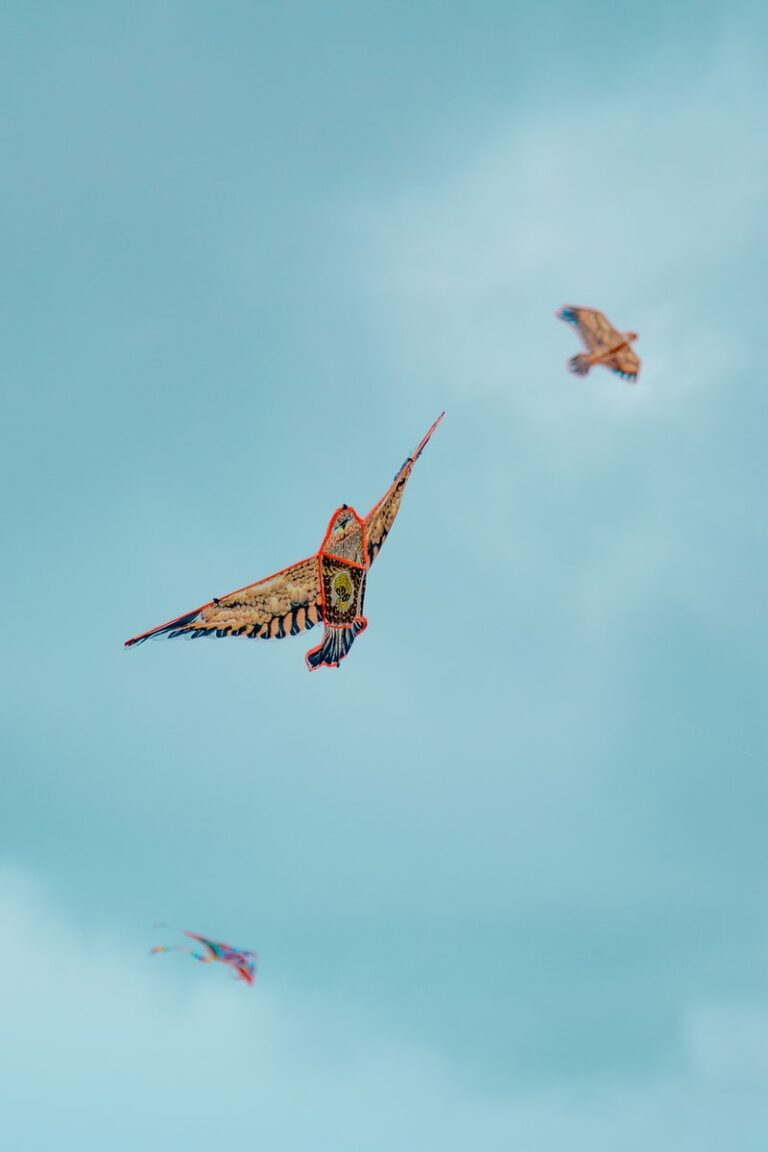Travelling is becoming an increasingly a bigger part of our lives/lifestyles. Be it going on a well deserved holiday or a business trip it has become almost inevitable that some part of the travel time will overlap with the holy month of Ramadan.
The month of Ramadan is when the Qur’an was revealed, giving guidance to humanity, clear messages of guidance and a standard for distinguishing right from wrong. Whoever lives to see this month should fast. Whoever is sick or travelling should fast on alternate days. God wants it to be easy for you, not hard, so you can complete the days you missed. So praise God for his guidance to you, and give thanks.
The Qur’an
Al-Baqarah (The Cow) 2: 185
As is understood from the verse, if hardships will or are to be experienced on a journey, then there is no impediment for Muslims to break their fast on the condition that they will fast at another time as compensation.
As being on a journey can be inconvenient and difficult, our religion granted us easiness in such worships as obligatory prayers and fasting. Such a person (on a journey) is free to choose whether to fast or not. It is a religious permit and convenience. If there is the opportunity to fast with ease and if the traveller does not suffer from any trouble, it is more virtuous and more rewarding for them to fast.
Today, the circumstances in journeys are much easier; journeys that would formerly take days, weeks or even months have been reduced to hours or even to minutes. Therefore, we should refrain from misusing that permit and should not break our fast before sunset if there is no hardship.
It’s also important to note that if fasting is unbearable for you, then it is considered Haram and your fasting will not be rewarded.
Departure Day
On the day that you plan to start your travel, you should start fasting when on the allocated time of that day and can stop as soon as you are considered travelling. So what does that mean, this means that you have travelled outside your city, town or village where your home resides.
Plane Journey
When you find yourself in a situation where you are fasting during a plane journey, the time you break your fast is not related to the location you have departed from or the one you are going to arrive in. As a matter of fact, you should break your fast whenever you see the sunset physically. Even if it is iftar in the location where your plane is in you should still make sure that you do not see sunlight from the windows, wait till the sun sets before breaking your fast. If you know that iftar time has not been reached in the country that you have departed from but it is already dark outside, you should still break your fast.
If you have broken your fast before or during the plane ride and see the sun rising again during your journey be it on the plane or your destination on the ground, you are not required to start fasting again as you’ve already completed your fast for the day and are technically travelling.
Tip: To avoid unnecessary straining on your body and mind, try planning your journeys closer to Maghrib to break your fast sooner.
When Ramadan falls in the summer months it is important to consider that the closer a country is to either the North or the South Pole, the longer the days get in the summer. A Muslim in the northern parts of the Scandinavian countries would have to fast nearly all day! This can be really strenuous, not to mention taxing on the body. Islamic scholars have the following advice:
- Following the fasting hours of Saudi Arabia, where Mecca is
- Follow the schedule of the country where you’re originally from
- Follow the closest country with distinguishable days and nights cycle
Do not skip suhur if you are travelling how tempting it might be. It is of the utmost importance to have proper suhur during your travels in order to have sufficient energy to get you through the day. For most of us can be quite intensive and stressing skipping a meal will not help with this. Choose foods that contain complex carbohydrates such as:
- Whole-grain bread
- Oatmeal
- Starchy vegetables including potatoes, sweet potatoes, and corn barley
- Beans and legumes like lentils, kidney beans, and chickpeas

- Traveling to a non-Islamic country can result in having difficulty getting your hands on healthy and nourishing food for suhur as not all supermarkets, restaurants or shops are open that late. Furthermore, make sure to check whether your hotel provides 24-hour room service as most do not. For those reasons, dear Halal Nomads, make sure to stock up on food so that you can enjoy it on suhur.
- When you find yourself in a non-Muslim country in Ramadan a mosque is the best place to be for Iftar. Special arrangements are made in mosques throughout the world, where people are served free meals and drinks. This gives a good opportunity to mingle with locals.
- When you are travelling into a non-Muslim country, you may also be able to find restaurants near the mosques that serve Halal food.
Frequently Asked Questions
Yes, but it is permissible for a traveller not to fast and to make up for unperformed days later.
If a traveller observes the fast of Ramadan, the reward of an obligatory fast is given. No additional rewards are provided.
If there are no difficulties that affect your work negatively, it is very rewarding (thawab) to fast in the holy month of Ramadan. To skip it without a valid excuse is a grave sin.


